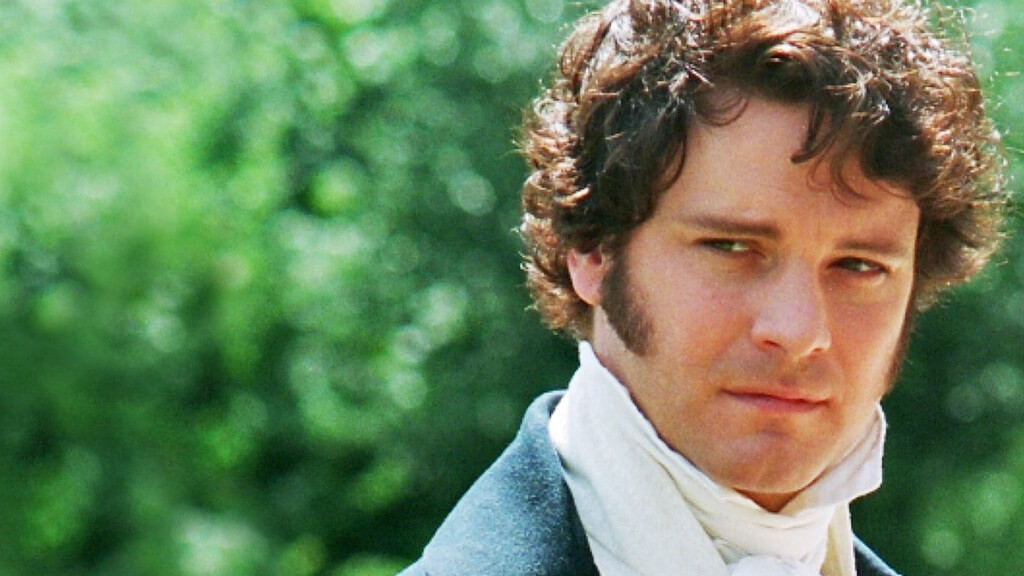Is Your Honor Code Actually An Honor Code?

The average student encounters the school honor code once a year. During the first week of school the honor code is read publicly, or else paper copies are circulated and every student must indicate they have read it. For most students, the honor code is not encountered again for the remainder of the year. This is simply because the honor code is not important. It is a technical necessity.
The only student who sees the honor code a second time during the school year is the student who is being expelled. He has cheated or smoked dope or touched someone and thus the dean must find a copy of the honor code (or print off a new one), read it to the student, and indicate which generically-worded rule (“I will show respect for my fellow classmates,” etc.) has been violated. The last thing the offending student sees before shuffling off this academic coil is a document which no one really cares about, but which merely exists to grease the bureaucratic wheels that turn in response to bad behavior.
The school honor code really ought to be something more than this. If the honor code matters, it ought to be read more than once a year. If it doesn’t matter, then it shouldn’t be called “the honor code.” Calling a bureaucratic form which no one cares about “the honor code” cannot fail to induce cynicism among students. I am not suggesting the school should abandon the use of an honor code altogether. Rather, the honor code should be a document which fires the imagination of all those who subscribe to it. Is it too much to suggest the honor code at a classical school should be classical itself, which is to say largely borrowed from classical sources? Does the phrase “show respect for my fellow classmates” honestly inspire anyone to show respect for his fellow classmates? The honor code should be a document worth reading out loud on a regular basis, perhaps even every day. The reading of the honor code should not merely be some annual chore which is checked off a list, like replacing the batteries in a smoke alarm.
The kind of “honor code” which I am here commending— a document which evokes a sublime vision of an ideal student— may or may not be called “the honor code.” It could be the mission statement. At Veritas in Richmond, where I teach, the real honor code is known as “The Portrait of a Graduate,” which is a catalogue of spiritual accomplishments teachers pray students aspire to by the time they finish twelfth grade. While every school ought to keep handy a canonical list of expulsion-level offenses, such a list cannot be an honor code. An honor code simply cannot be used to expel a student. By their very nature, honor codes are not policed. If an honor code is policed, it is not an honor code, but a legal code.
A classical school ought to have quite a bit riding on the concept of “honor,” for a liberal arts education is, in fact, the education appropriate to an aristocrat— who is obliged by rules of honor to behave in a dignified manner but cannot be legally coerced into gentlemanly conduct. We ought to treat the concept of honor in a traditional fashion. Laws are one thing, honor is another. Laws look on the outward appearance, but honor looks to the soul.

Joshua Gibbs
Joshua Gibbs teaches online classes at GibbsClassical.com. He is the author of How To Be Unlucky, Something They Will Not Forget, and Blasphemers. His wife is generous and his children are funny.










